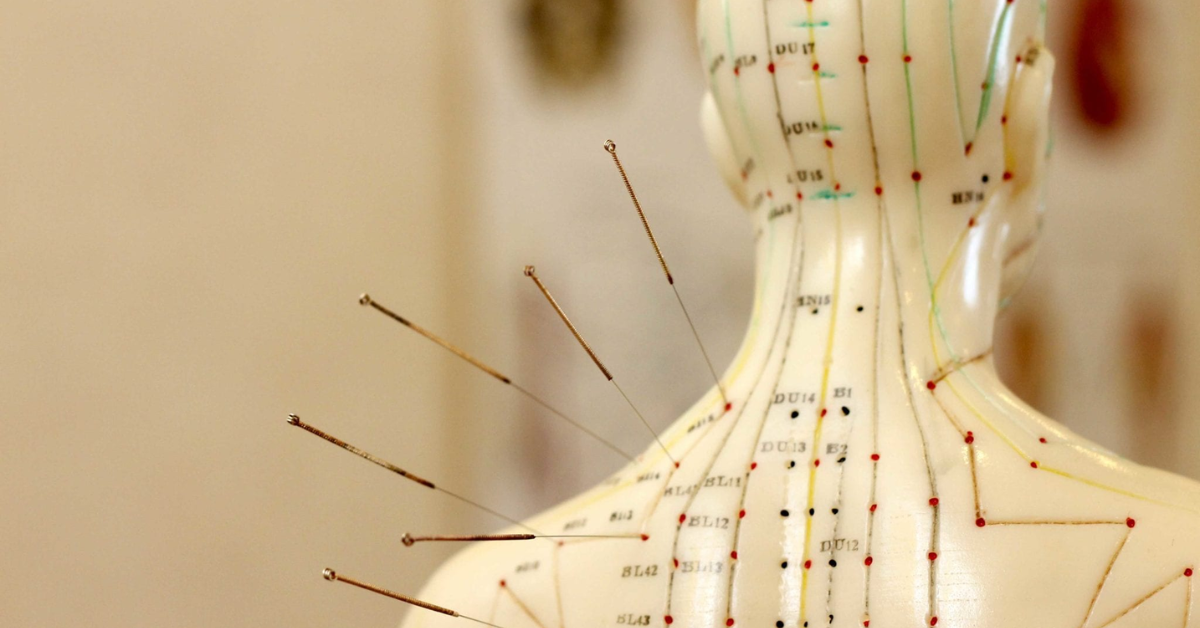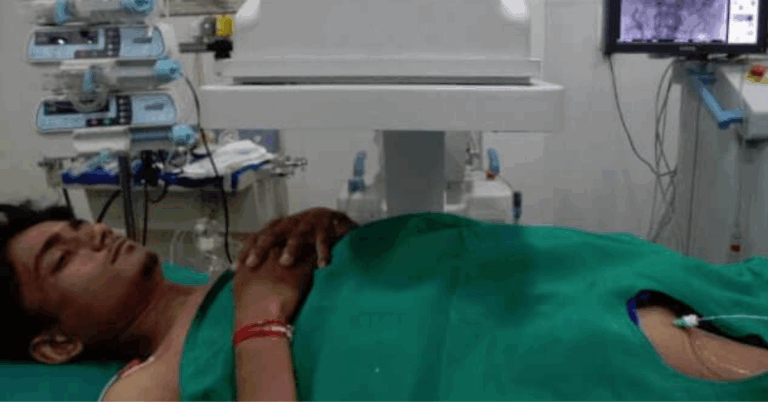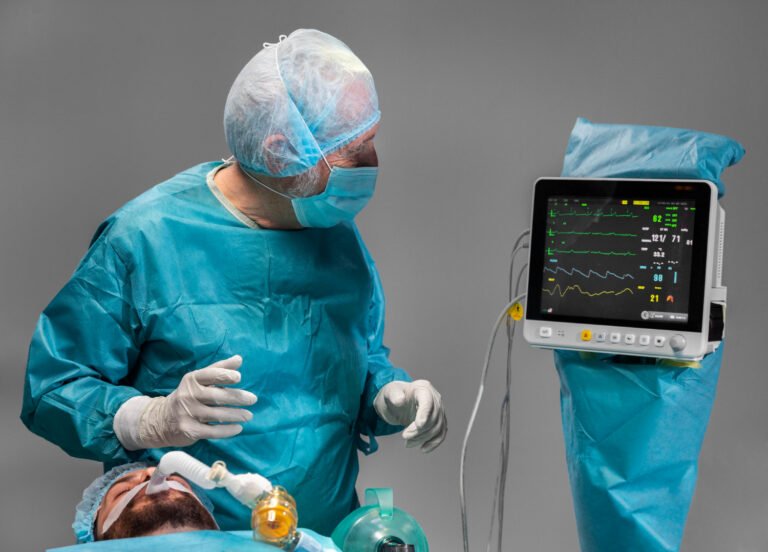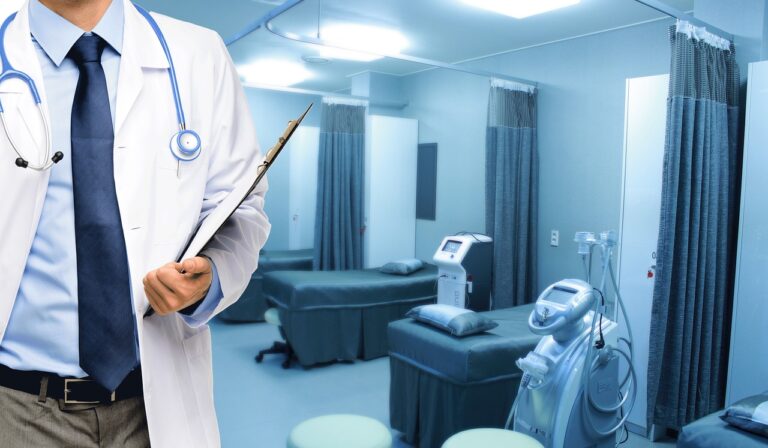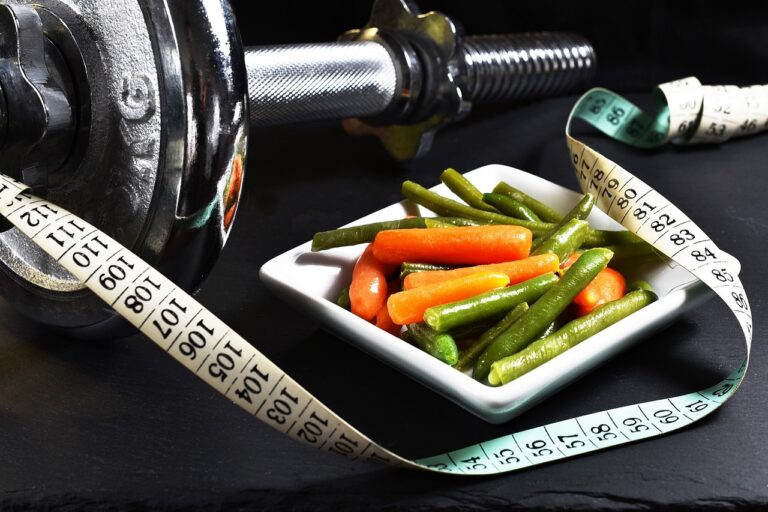Best TCM Acupuncture: A Complete Guide to Traditional Healing
Traditional Chinese Medicine (TCM) acupuncture has gained immense popularity worldwide due to its natural healing methods and effective results. Rooted in ancient Chinese practices, acupuncture is based on the principle of balancing the body’s energy, known as Qi (pronounced “chee”), to promote health and wellness. It involves the insertion of thin needles into specific points on the body to stimulate energy flow and restore balance. In recent years, acupuncture has become a preferred alternative therapy for managing pain, stress, and various health conditions.
If you’re considering TCM acupuncture, understanding how it works and its benefits can help you make an informed decision. This guide will cover everything you need to know about Best TCM Acupuncture, including its benefits, how it works, and what to expect during a session.
What is TCM Acupuncture?
Acupuncture is one of the oldest healing techniques in Traditional Chinese Medicine (TCM), dating back over 2,500 years. It is based on the belief that the body has a network of energy channels called meridians. Qi, or life energy, flows through these meridians, and any blockage or imbalance in this flow can lead to illness and discomfort.
Acupuncture involves inserting fine needles into specific points along these meridians to unblock and balance the flow of Qi. The stimulation of these points is believed to activate the body’s natural healing process, improve blood circulation, and restore overall health.
How Does TCM Acupuncture Work?
Acupuncture works by targeting key pressure points on the body, known as acupoints. When the needles are inserted, they stimulate the nervous system and trigger the release of natural chemicals such as endorphins and serotonin. These chemicals help reduce pain, improve mood, and enhance the body’s ability to heal itself.
Key Mechanisms of TCM Acupuncture:
Regulation of Qi Flow – Acupuncture balances the flow of Qi along the meridians, ensuring smooth energy circulation.
Stimulation of the Nervous System – The insertion of needles activates nerve endings, improving communication between the brain and body.
Improved Blood Flow – Enhanced circulation helps deliver oxygen and nutrients to tissues, promoting faster healing.
Reduction of Inflammation – Acupuncture helps reduce swelling and inflammation, providing relief from pain and discomfort.
Stress Reduction – The release of endorphins and serotonin promotes relaxation and reduces stress levels.
Benefits of TCM Acupuncture
TCM acupuncture offers a wide range of health benefits, making it a versatile treatment option for various conditions. Here are some of the key benefits:
1. Pain Relief
Acupuncture is highly effective in managing chronic pain conditions, including:
- Back pain
- Neck pain
- Migraines and headaches
- Joint pain (e.g., arthritis)
The stimulation of acupoints helps block pain signals and reduces inflammation, providing long-lasting relief.
2. Stress and Anxiety Reduction
Acupuncture helps calm the nervous system and reduce the production of stress hormones like cortisol. This promotes relaxation and improves mental clarity. Many people report feeling more balanced and emotionally stable after acupuncture sessions.
3. Improved Sleep Quality
Acupuncture helps regulate the body’s internal clock and reduce sleep disturbances. It promotes deeper and more restful sleep by balancing hormones and calming the mind.
4. Enhanced Digestive Health
Digestive issues such as bloating, indigestion, and irritable bowel syndrome (IBS) can be effectively managed with acupuncture. It helps regulate gut function and improve nutrient absorption.
5. Hormonal Balance
Acupuncture supports hormonal health by regulating the endocrine system. It can be beneficial for conditions such as:
- Irregular menstrual cycles
- Menopause symptoms
- Fertility issues
6. Boosted Immunity
Acupuncture strengthens the body’s immune response by enhancing the production of white blood cells and improving overall resistance to illness.
7. Improved Respiratory Health
Conditions such as asthma, allergies, and sinus congestion can be alleviated through acupuncture. It reduces inflammation and opens up the airways for better breathing.
What to Expect During an Acupuncture Session
If you’re considering TCM acupuncture for the first time, here’s what you can expect during a typical session:
1. Consultation
The acupuncturist will begin with a detailed consultation to understand your health history, symptoms, and lifestyle. This helps identify the underlying imbalances in your body’s Qi flow.
2. Preparation
You will be asked to lie down comfortably on a treatment table. The acupuncturist will clean the targeted areas with an antiseptic solution.
3. Needle Insertion
Thin, sterile needles will be inserted into specific acupoints on your body. The insertion is usually painless, though you may feel a slight tingling or warmth.
4. Relaxation
The needles will remain in place for about 20 to 30 minutes. During this time, you may experience a deep sense of relaxation. Some people even fall asleep during the session.
5. Removal and Aftercare
The acupuncturist will gently remove the needles and advise you on post-treatment care. It’s common to feel more energized and balanced after a session.
Safety and Side Effects
TCM acupuncture is considered safe when performed by a trained and certified professional. The needles used are sterile and disposable, ensuring minimal risk of infection.
Possible side effects (though rare) include:
- Mild bruising or redness at the needle insertion sites
- Temporary soreness
- Lightheadedness after treatment
It’s important to stay hydrated and rest after a session to allow your body to adjust.
FAQs About TCM Acupuncture
1. Is acupuncture painful?
No, acupuncture is generally painless. The needles are very thin, and most people only feel a mild tingling or warmth during the session.
2. How many sessions do I need to see results?
The number of sessions needed depends on the condition being treated and individual response. Some people feel immediate relief after one session, while chronic conditions may require multiple sessions.
3. Are there any health conditions that acupuncture cannot treat?
Acupuncture is not a replacement for emergency medical care or surgical treatment. However, it can complement conventional treatments for better overall health outcomes.
4. Can acupuncture help with fertility issues?
Yes, acupuncture is known to support reproductive health by regulating hormones, improving blood flow to reproductive organs, and reducing stress.
5. Is acupuncture suitable for children?
Yes, acupuncture can be safely performed on children by experienced practitioners. However, the technique and needle size are adjusted for younger patients.
6. How long do the effects of acupuncture last?
The effects of acupuncture can last for days or even weeks, depending on the individual and the condition being treated. Regular sessions can help maintain long-term benefits.
Conclusion
TCM acupuncture is a time-tested healing practice that offers numerous physical and mental health benefits. Its ability to regulate Qi flow, reduce pain, and promote overall balance makes it a powerful tool for natural healing. Whether you’re seeking relief from chronic pain, stress reduction, or better sleep, acupuncture can be an effective and safe solution. Consulting a trained and experienced acupuncturist will ensure you receive the best care and experience the full benefits of this ancient practice.
Read More

